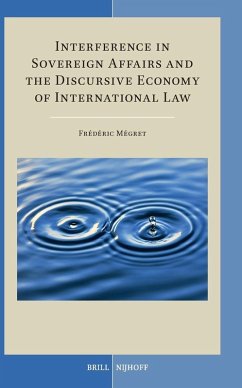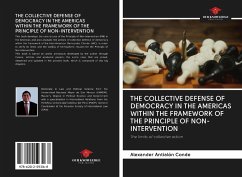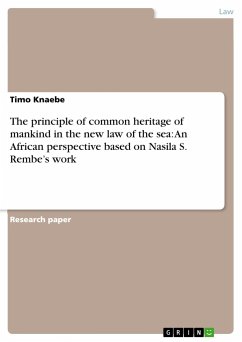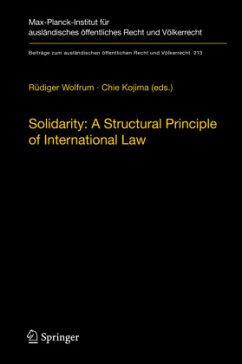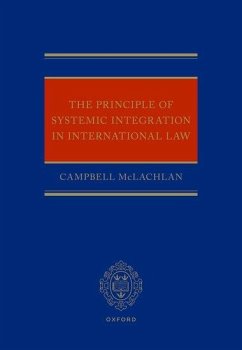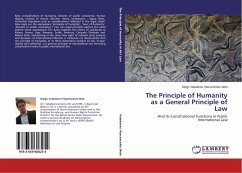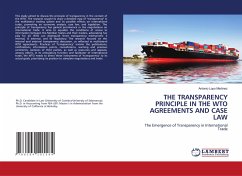
The transformation of the principle of non-interference in public international law
Versandkostenfrei!
Versandfertig in 6-10 Tagen
29,99 €
inkl. MwSt.

PAYBACK Punkte
15 °P sammeln!
Like the individuals of a civil and political society, the collectivities of international society need their relationships to be governed by law. What was known until the 18th century as "the law of nations" has become, through a semantic shift, "international law". Sometimes substituted for "the law of States" or "the law of Nations", international law is the body of legal rules applicable to the subjects of international society, notably States, certain NGOs, multinationals and, exceptionally, individuals. International law became virtually indispensable in the 20th century with the advent ...
Like the individuals of a civil and political society, the collectivities of international society need their relationships to be governed by law. What was known until the 18th century as "the law of nations" has become, through a semantic shift, "international law". Sometimes substituted for "the law of States" or "the law of Nations", international law is the body of legal rules applicable to the subjects of international society, notably States, certain NGOs, multinationals and, exceptionally, individuals. International law became virtually indispensable in the 20th century with the advent of the United Nations. The San Francisco Charter and the principles derived from it laid the foundations for a "new international order". One of these principles is non-interference, a corollary of the sovereign equality of states. Unlike the failure of the League of Nations and its principles, the UN's principles are now virtually universal. The fact is that "relations between States are nolonger governed by the power they possess, but by law".



